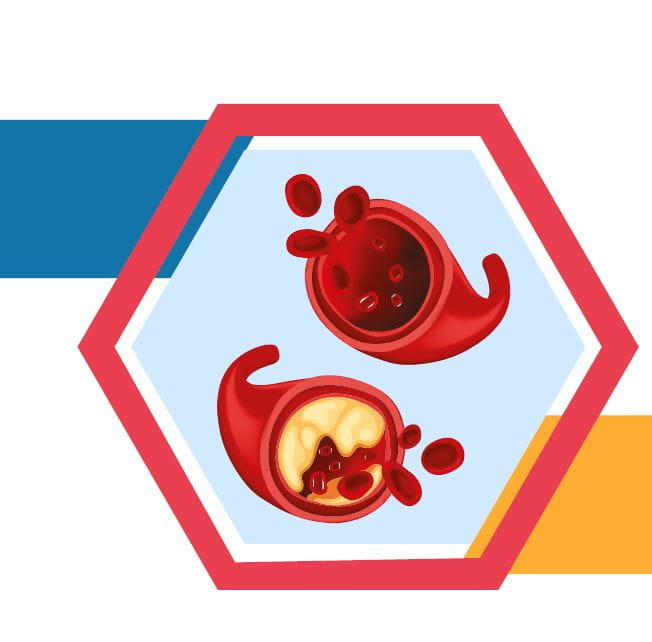An Extended Duration Small-interfering RNA Targeting Lipoprotein(a): The Alpaca Phase 2 Trial Of Lepodisiran With 540 Day Follow Up
Speaker: Dr. Steven E. Nissen
Key Highlights
Introduction:
Lipoprotein(a) [Lp(a)] has been identified as a genetically determined, independent risk factor for atherosclerotic cardiovascular disease (ASCVD) and aortic stenosis. No approved treatments currently exist for elevated Lp(a). Lepodisiran, a non-canonical, extended-duration small interfering RNA (siRNA), has been designed to target hepatic mRNA coding for apolipoprotein(a), which is essential for Lp(a) synthesis.
Methods:
-
A Phase 2, randomized, placebo-controlled trial was conducted involving 320 participants with Lp(a) levels of ≥175 nmol/L.
-
Participants were administered Lepodisiran at doses of 16, 96, or 400 mg, either once or twice (on Day 0 and Day 180), with follow-up extending to 540 days.
-
The primary endpoint was defined as the placebo-adjusted, time-averaged reduction in Lp(a) from Day 60 to 180.
-
Secondary endpoints included extended Lp(a) reductions until Day 360, while safety outcomes were assessed through adverse events, lab values, and ApoB measurements.
Results:
-
Baseline Characteristics
-
The study had a balanced representation of men and women across dose groups.
-
The median lipoprotein(a) [LPA] level was ~250 nmol/L across groups, with well-controlled LDL levels.
-
Primary Endpoint:
-
93.9% reduction in LPA from Day 60 to Day 180 following a single 400 mg dose.
-
95% reduction from Day 30 to Day 360 after two doses.
-
Sustained Reduction:
-
88.5% reduction from Day 30 to Day 360 with a single dose.
-
77% reduction from Day 240 to Day 360.
-
Even at Day 540, there was a 53% reduction after a single dose.
-
Dose-Dependent Effect:
-
A 96.9% reduction was observed at the nadir after a second 400 mg dose.
-
The 96 mg dose reached a nadir of -84.7%, showing sustained effects at Day 540.
-
Apolipoprotein B was reduced by ~15%, persisting until Day 40 in the two-dose group.
-
Absolute Reduction in LPA:
-
Patients receiving two doses had a ~250 nmol/L reduction at Day 180-360.
-
At Day 540, a ~200 nmol/L reduction was still observed.
-
Safety Profile:
-
Lepodisiran was well tolerated, with:
-
Mild and transient injection site reactions occurring in 11.6% of participants.
-
Liver enzyme elevations in 3–5% of cases, all of which resolved spontaneously.
-
No serious adverse events attributed to the drug.
-
No withdrawals reported in the active treatment groups.
Conclusion:
A potent and durable reduction in Lp(a) was demonstrated with only 1–2 doses administered over 540 days. The findings support infrequent dosing strategies in ongoing Phase 3 cardiovascular outcomes trials.
ACC.25, March 29 - 31, 2025, Chicago




